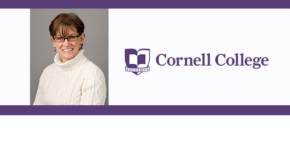Category: Biology
-
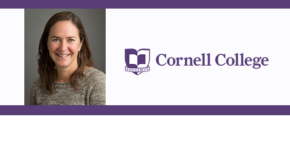
Tammy Mildenstein, Cornell College – Monarch Butterfly Preservation
On Cornell College Week: The restoration of monarch butterfly populations is a vital preservation topic. Tammy Mildenstein, assistant professor of biology, says how we still need to know more about how they use their habitat. Tammy Mildenstein is an assistant professor of biology at Cornell College in Mount Vernon, Iowa. She teaches courses in biology,…
-
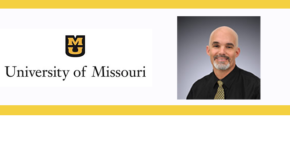
Jeffrey Bryan, University of Missouri – Canine Bone Cancer
There’s good news ahead for your furry friends. Jeffrey Bryan, professor of oncology at the University of Missouri, discusses treating a dangerous canine disease. Bryan has devoted his career to treating cancer. His research interests include the epigenetics of cancer, targeted imaging and therapy, and epidemiology of cancer. His clinical interests include novel therapy for…
-
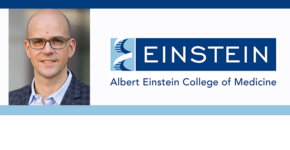
Ulrich Steidl, Albert Einstein College of Medicine – Leukemia
On Albert Einstein College of Medicine Week: How do we make process against leukemia? Ulrich Steidl, professor of cell biology, looks into a new drug treatment for fighting this cancer. Dr. Ulrich Steidl is professor of cell biology and of medicine and the Diane and Arthur B. Belfer Faculty Scholar in Cancer Research at Albert…
-
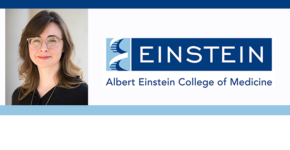
Libusha Kelly, Albert Einstein College of Medicine – Gut Microbiome and Adverse Drug Reactions
On Albert Einstein College of Medicine Week: Your gut may decide how you react to a medication. Libusha Kelly, assistant professor of systems and computational biology, has more. Libusha Kelly, Ph.D., is associate professor of systems & computational biology and of microbiology and immunology. Dr. Kelly’s background in structural biology, machine learning, information theory, high…
-
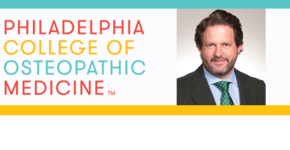
Arturo Bravo, Philadelphia College of Osteopathic Medicine – Neuroprotection
On Philadelphia College of Osteopathic Medicine Week: How do we protect overstressed areas of the brain? Arturo Bravo, associate professor of neuroscience, looks into this question. Dr. Bravo Nuevo is an associate professor in the Department of Bio-Medical Sciences. He lectures on subjects related to the central nervous system, the visual system, retinal degenerative diseases…
-

Chris Dulla, Tufts University – Ketogenic Diet and Brain Health
Can your diet help with recovery from a traumatic brain injury? Chris Dulla, associate professor of neuroscience at Tufts University, looks into this question. Chris Dulla is an associate professor of neuroscience at Tufts University School of Medicine and a member of the Neuroscience; Cell, Molecular and Developmental Biology; and MS in Pharmacology & Drug…
-

Jeff Leips, University of Maryland Baltimore County – Why Do We Age
Do we have to age? Jeff Leips, professor of biological sciences at the University of Maryland, Baltimore County, looks into our genes to find out. Jeff Leips is a professor in the department of biological sciences at the University of Maryland Baltimore County. He completed his PhD at Florida State University working in the field…
-
Harriet Okatch, Franklin & Marshall College – Lead Poisoning
On Franklin & Marshall Week: Lead poisoning remains a scourge in certain areas. Harriet Okatch, assistant professor of biology and public health, looks into curbing this health hazard. Professor Okatch holds a bachelor of science degree in chemistry and a PhD in analytical chemistry from the University of Botswana, and a masters in public health…
-
Elizabeth De Santo, Franklin & Marshall College – Protecting the Oceans
On Franklin & Marshall Week: We are at a crucial moment for the health of our oceans. Elizabeth De Santo, associate professor of environmental studies, discusses what can be done. Professor De Santo is a human geographer with training in environmental law, international relations, environmental management and marine zoology. Her teaching and research focus on…

